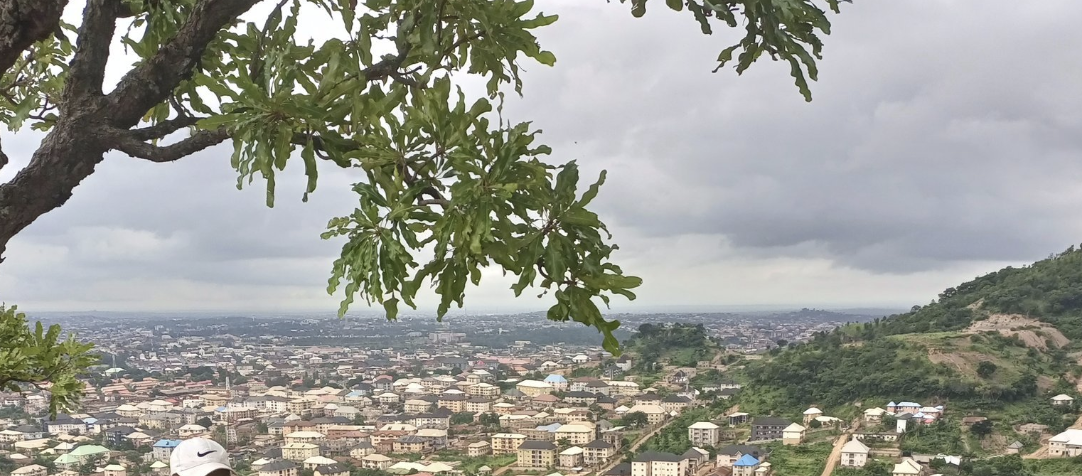
Top 10 and Most Popular Places to Visit in Enugu, 2023
Enugu, the capital of Enugu State, Nigeria, is a beautiful city with a lot to offer visitors. From its rich history and culture to its stunning natural beauty, Enugu is a great place to explore. Here are 10 of the top places to visit in Enugu in 2023:
- Ngwo Cave and Waterfall: This is one of the most popular tourist attractions in Enugu. The cave is home to a variety of stalactites and stalagmites, and the waterfall is a beautiful sight to see. Opens in a new windowwww.nigeriagalleria.com Ngwo Cave and Waterfall Enugu
- Eke Market: This is the largest market in Enugu, and it’s a great place to find souvenirs and local products. The market is also a great place to experience the hustle and bustle of Enugu life. Opens in a new windowdailypost.ng Eke Market Enugu
- Nike Lake Resort: This is a beautiful resort located in the heart of Enugu. The resort has a lake, a golf course, and a variety of other amenities. It’s a great place to relax and enjoy the natural beauty of Enugu. Opens in a new windowwww.tripadvisor.com Nike Lake Resort Enugu
- Ani Ozalla Lake and Shrine: This is a sacred lake located in the outskirts of Enugu. The lake is said to be home to a variety of spirits, and it’s a popular destination for pilgrims. Opens in a new windowhotels.ng Ani Ozalla Lake and Shrine Enugu
- Ogui Hill: This is a hill located in the heart of Enugu. The hill offers stunning views of the city, and it’s a popular spot for hiking and picnicking. Opens in a new windowen.wikipedia.org Ogui Hill Enugu.

- The Coal Mine Museum: This museum tells the story of the coal mining industry in Enugu. The museum has a variety of exhibits, including coal mining tools and machinery. Opens in a new windowen.wikipedia.org Coal Mine Museum Enugu
- The Museum of Traditional Art: This museum houses a collection of traditional Igbo art. The museum has a variety of sculptures, masks, and other artifacts. Opens in a new windowguardian.ng Museum of Traditional Art Enugu
- The Polo Park: This is a park located in the heart of Enugu. The park has a variety of amenities, including a golf course, a tennis court, and a playground. Opens in a new windowhotels.ng Polo Park Enugu
- The Zoo: This is a zoo located in the outskirts of Enugu. The zoo has a variety of animals, including lions, tigers, and elephants. Opens in a new windowguardian.ng Zoo Enugu
- The Independence Layout: This is a neighborhood located in Enugu. The neighborhood is home to a variety of government buildings and embassies. It’s a great place to experience the high life in Enugu. Opens in a new windowoutravelandtour.com Independence Layout Enugu
These are just a few of the many great places to visit in Enugu. With its rich history, culture, and natural beauty, Enugu is a city that has something to offer everyone.

Here are some additional tips for visiting Enugu:
- The best time to visit Enugu is during the dry season, which is from November to March.
- The currency in Enugu is the Nigerian naira (NGN).
- English is the official language in Enugu, but Igbo is also widely spoken.
- There are a variety of hotels and restaurants to choose from in Enugu.
- Be sure to bargain when shopping in Enugu.
- Be aware of your surroundings and take precautions against petty theft.
I hope this blog post has inspired you to visit Enugu in 2023. With its rich history, culture, and natural beauty, Enugu is a city that you won’t soon forget.










